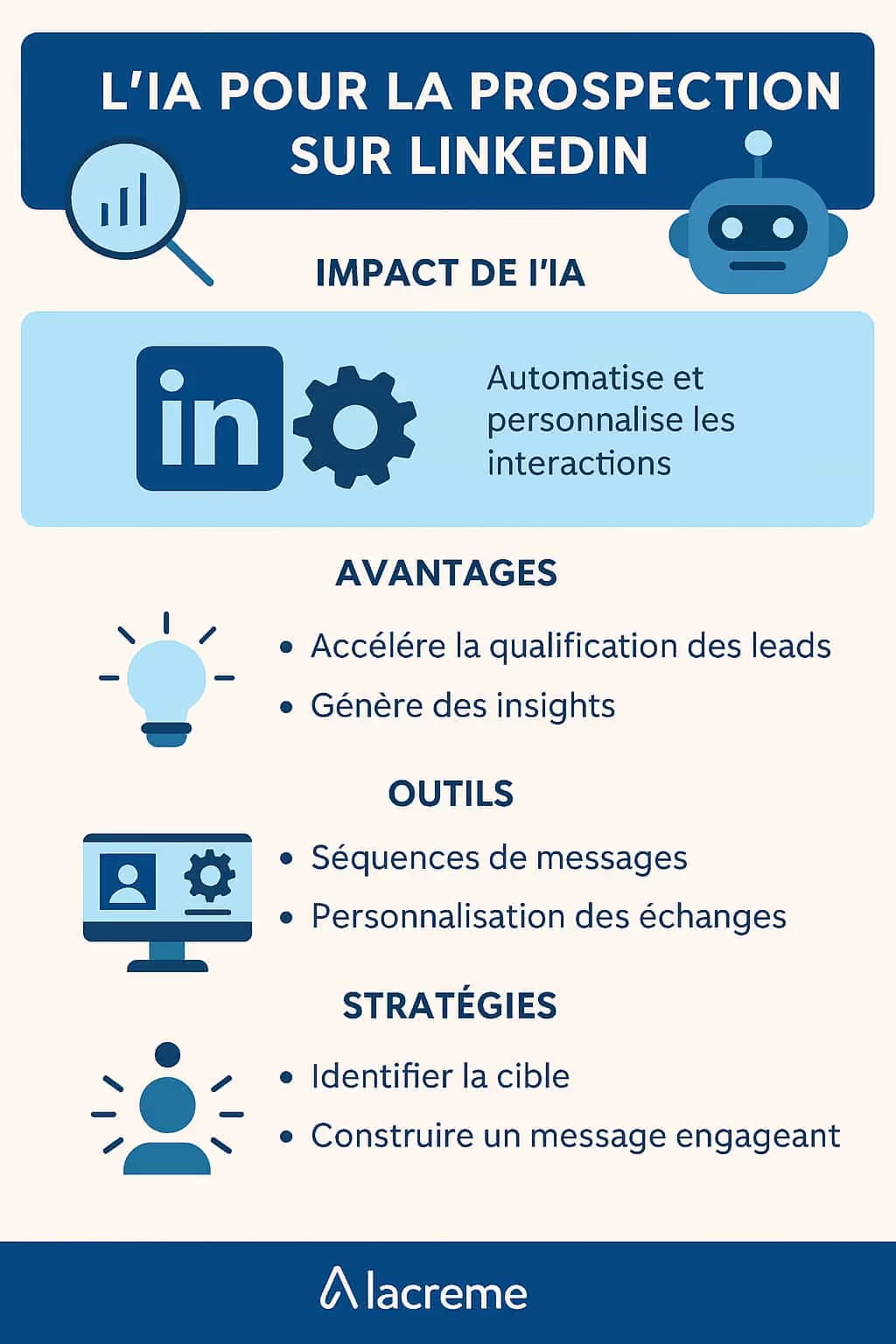The global precursors of artificial intelligence
Government and private initiatives
The advent ofartificial intelligence (AI) has caused a global technological race, where both governmental and private initiatives are taking center stage. Countries like u.s., the china, and the members of the European Union are working hard to build an ecosystem favorable to the development of AI. Aux u.s., Silicon Valley remains the symbol of this innovative frenzy with firms such as Google, Microsoft, and Tesla at the forefront of research. On the other side of the Pacific, China, with its giants such as Baidu and Tencent, does not hide its ambition to become the global leader in AI by 2030, relying on unwavering state support and massive funding programs.
The impact on technological development
Technical progress is constantly accelerating under the impetus ofartificial intelligence. As technology is refined, its footprint is emerging in a variety of applications, ranging fromindustrial automation to facial recognition systems, including the optimization of transport networks. In the wake of these advances, some countries are emerging as key pillars. South Korea, for example, is investing heavily in AI research and development, especially with its Songdo smart city. israel, known for its entrepreneurial dynamism, is also a breeding ground for innovations in the field of AI, particularly in computer security.
The competitive dynamics of artificial intelligence
Technological investments and advancements
The sector ofartificial intelligence is one of the most contested fields on the global economic scene. Colossal investments are the engine of sustained technological progress. It is observed that countries that devote a significant part of their GDP to research and development, such as Japan or the canada, are making substantial advances in the AI scene. Incubators, accelerators, and science parks are springing up, building innovation networks that stimulate the AI ecosystem on a global scale.
International collaborations
Going beyond the framework of national rivalries, international collaborations play a crucial role in the consolidation and sharing of knowledge in artificial intelligence. Initiatives such as the AI Partnership, a consortium bringing together states, businesses and non-governmental organizations, demonstrate this transnational desire to promote the balanced development of AI, where cooperation is perceived as a strength rather than a hindrance.
Determining factors in the dominance of AI by country
Human resources and specialized skills
The quality and availability of talent are decisive factors in leadership inartificial intelligence. Countries that focus on science and technical education, such asindia with its IITs (Indian Institutes of Technology), are better placed to train the next generation of AI specialists. The presence of these highly qualified human resources is essential to maintain a grip on the sector.
Infrastructures and data access
For a country to stand out in artificial intelligence, it must also have the infrastructures necessary to store and manage large amounts of data. singapore, for example, invests in advanced data centers and develops regulations that are conducive to experimentation in AI. Likewise, access to data is an indispensable prerogative, and countries that have adopted open and secure data policies are often the ones that are making the most rapid progress in the field of AI.
The geopolitical challenges of artificial intelligence
Power projection and digital sovereignty
Control over artificial intelligence is a strategic dimension for nations, where mastering these technologies is synonymous with power. Les u.s. And the china, for example, perceive each other as main competitors in this race for digital sovereignty, each seeking to ensure their technological and economic ascendancy. THEEurope, with initiatives such as the General Data Protection Regulation (GDPR), also aspires to forge its own path, combining innovation and respect for privacy.
Regulatory and ethical standards
Finally, the regulatory and ethical framework surrounding the development of artificial intelligence is a major challenge. While some countries are opting for a permissive approach to stimulateinnovation, others are establishing stricter regulations to regulate the use of AI. Balancing these two trends is a constant challenge, reflecting the social concerns and ethical questions raised by AI.
The future of artificial intelligence and global leadership
Emerging trends
Looking to the horizon allows you to glimpse the emerging trends that will shape the future ofartificial intelligence. THEdeep machine learning (deep learning), the fusion between AI and Internet of Things (IoT), or even theaffective artificial intelligence, which aims to recognize human emotions, are all promising areas. These developments offer prospects for growth and daily improvement, while regularly calling into question the ranking of nations at the top of the AI peloton.
Global forecasts and implications
While the planet is witnessing this turmoil around artificial intelligence, several forecasts are emerging. One thing is certain, theAI will continue to cause profound changes in our societies and economies. The country that will be able to combine political ambition, strategic vision, breakthrough innovation and responsible ethics will undoubtedly have the favor of leading the march to the top of global AI. The challenge is major, but the game is far from over, the field of possibilities remaining vast and the lines constantly redrawn by human ingenuity.






